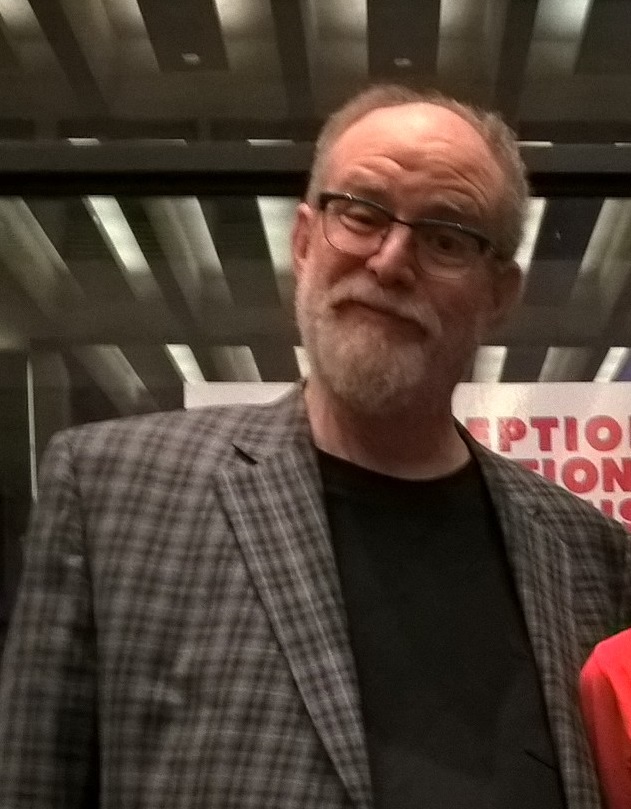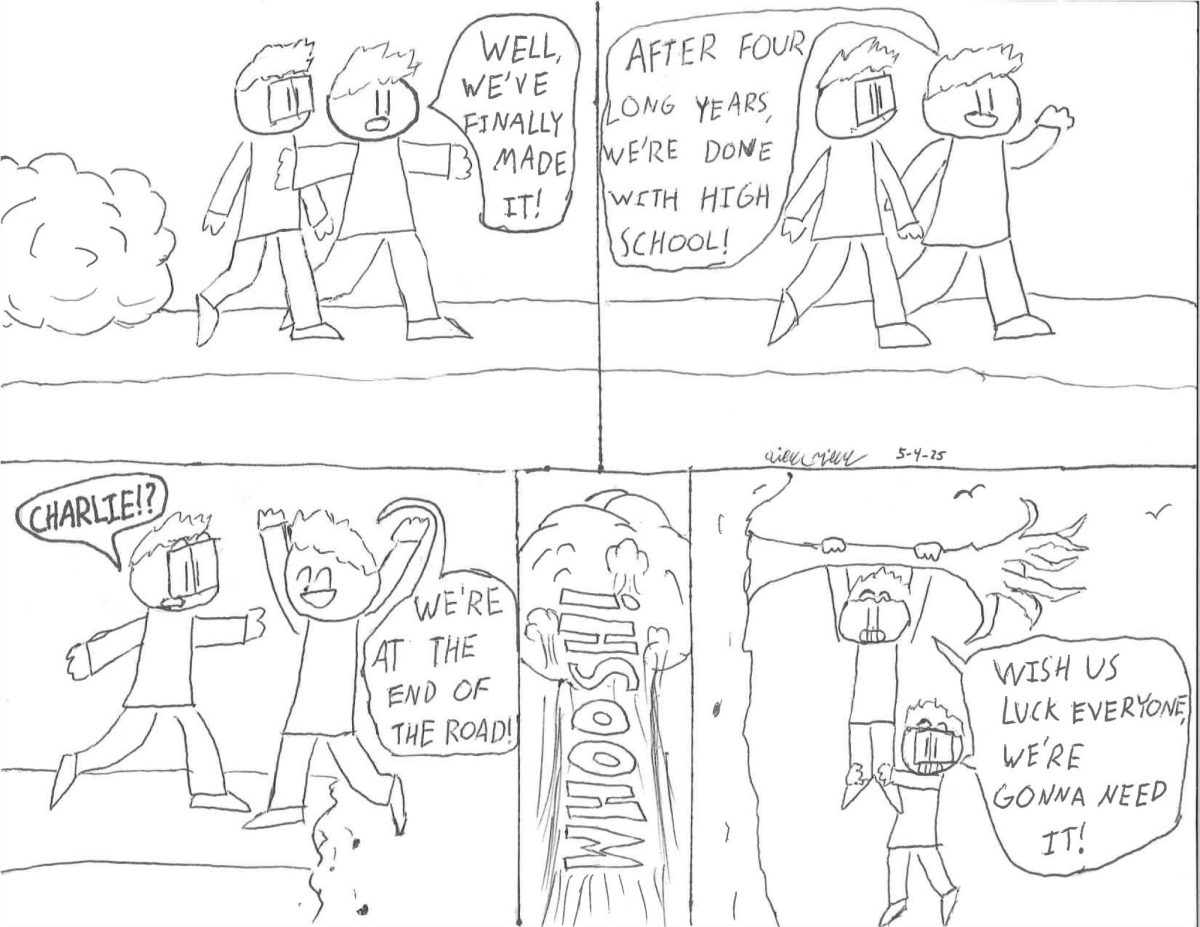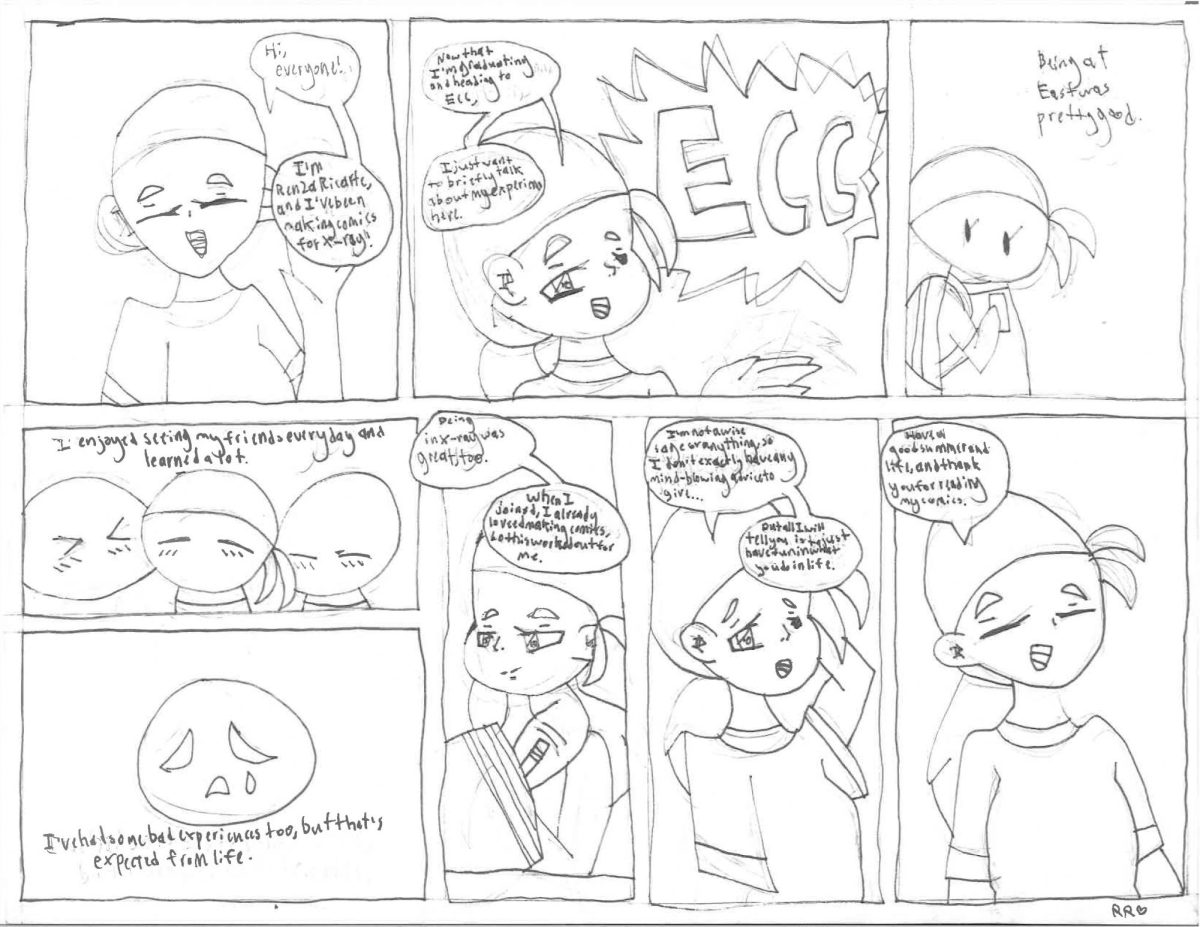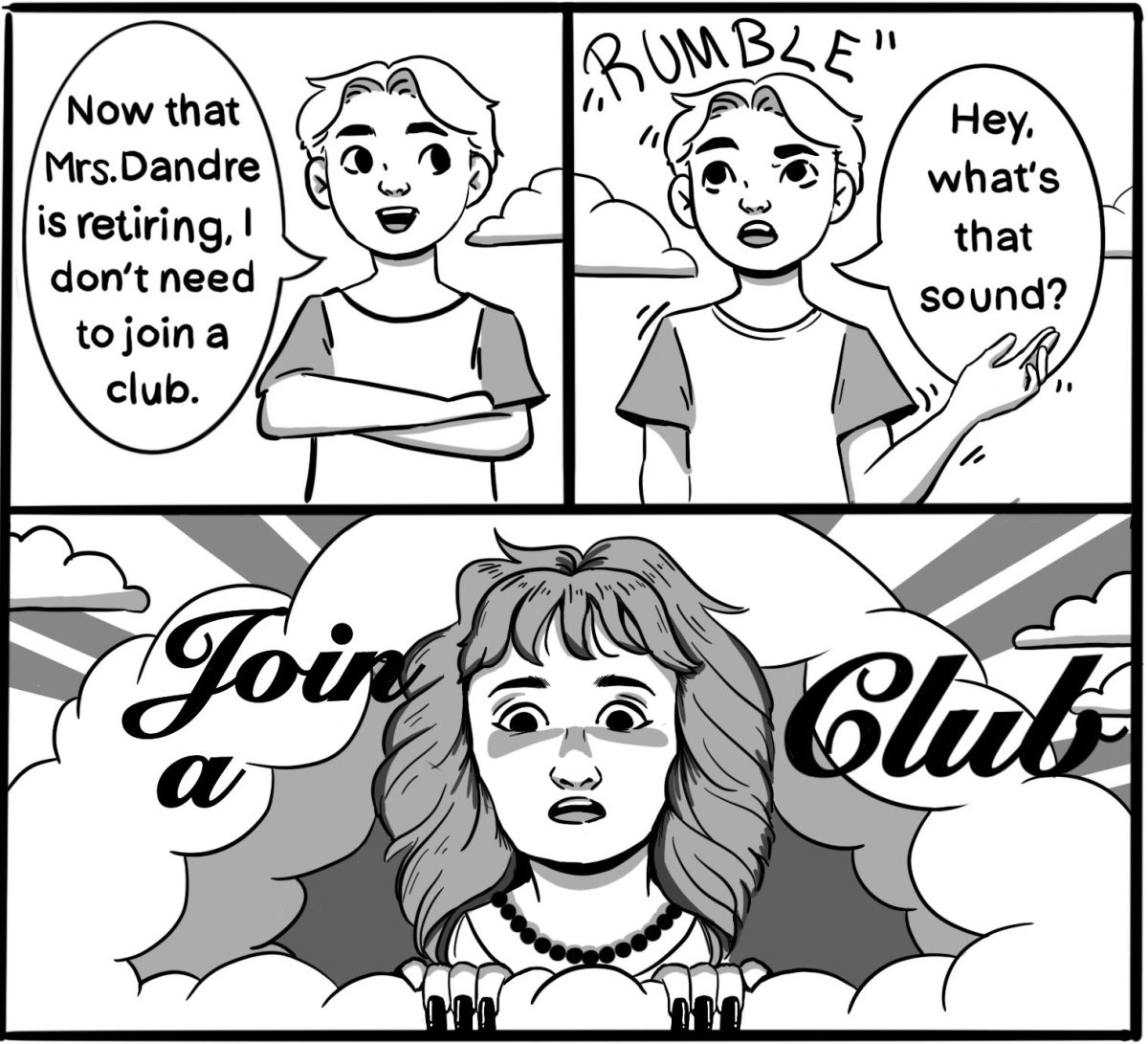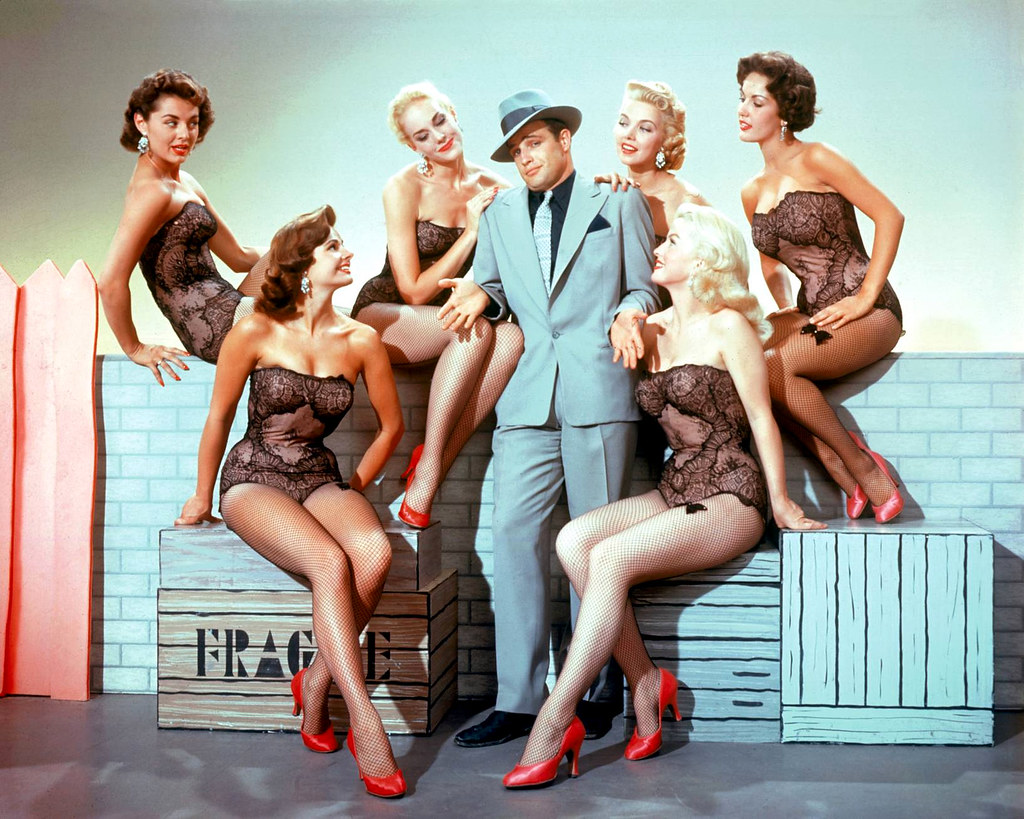William Finn was a Broadway legend who died on April 7, 2025, with two Tony Awards and two Drama Desk Awards. He was one of the most innovative people in theater who put uncomfortable situations out in the open for everyone to understand.
Jonathan Larson is renowned for writing “RENT” in 1991 about the HIV/AIDS crisis, but he was not the first to discuss this controversial topic in musical theater. William Finn wrote the musical “Falsettoland” about the HIV/AIDS crisis in 1990. “Falsettoland” is the third installment in a series of musicals that started in 1979. Nobody is saying that Jonathan Larson wasn’t important to the gay community; they’re just trying to say he was not the first person to do it.
William Finn has written the music for 15 stage productions. In order, he has written “In Trousers” (1979, revised in 1985), “March of the Falsettos” (1981), “America Kicks Up Its Heels” (1983), “Dangerous Games” (1989), “Romance in Hard Times” (1989, revised 2015), “Falsettoland” (1990), “Falsettos” (1992), “The Sisters Rosensweig” (1993), A New Brain (1998), Love’s Fire (1998), Muscle (2001), Elegies: A Song Cycle (2003), The 25th Annual Putnam County Spelling Bee (2004), Make Me a Song (2007), Little Miss Sunshine (2011), and The Royal Family of Broadway (2018).
William Finn was born on Feb. 28, 1952. The American composer and lyricist was raised Jewish in Natick, Massachusetts, and the first play he ever wrote was entirely in Hebrew. On his Bar Mitzvah, he received a guitar and taught himself how to play. According to Musical Theatre International (MTI), he entered college as a guitar major but eventually changed to focus on piano. He earned a degree in American civilization and English from Williams College in 1974.
After college, Finn wrote the trilogy that made him famous. He started by writing the musical “In Trousers” about a man named Marvin who left his wife for another man, but aims for peace within himself whilst coming to terms with his sexuality. The next installment, “March of the Falsettos” continues from that ending point, introducing you to his family and his lover while he struggles to keep the facade of one big happy “tight-knit” family. We see his dynamics and learn about his relationships with his ex-wife, son, psychiatrist, and lover. Over the course of the show, we see him grow distant from everyone as he ends his relationship with his lover and tries to rekindle the one he lost with his son. The next installment, “Falsettoland” follows Marvin two years later, whilst he regains all his lost relationships, just to almost immediately lose his lover to the HIV/AIDS crisis. Only this time, he has friends and family to keep him afloat.
Finn has written many beautiful stories, but the Marvin trilogy is the most impactful due to its time and partially autobiographical nature. William Finn was that man growing up in a world that didn’t accept him, where every choice he made seemed to be the wrong one. His storytelling skills have helped many come to terms with who they are and blossom within that discovery.


